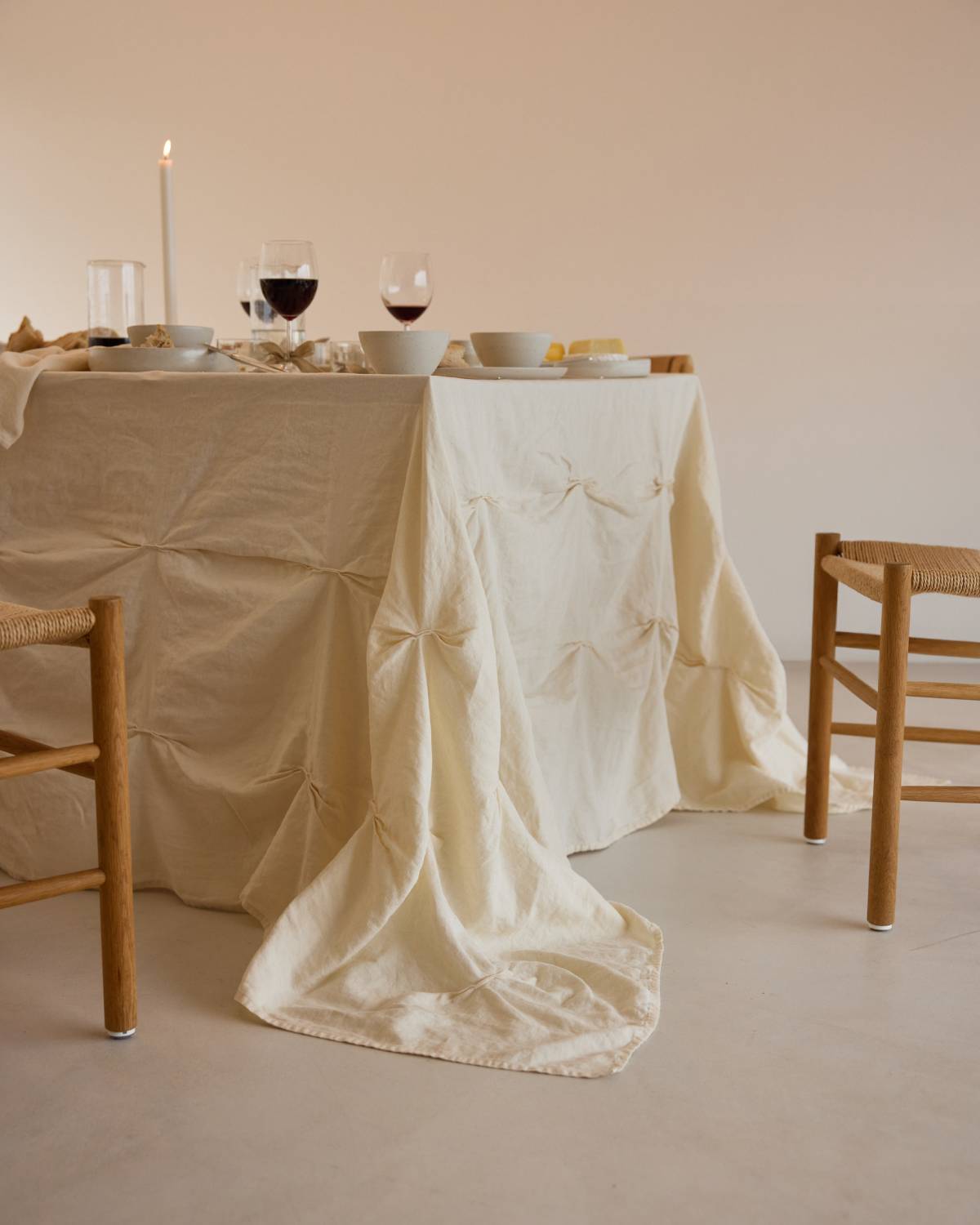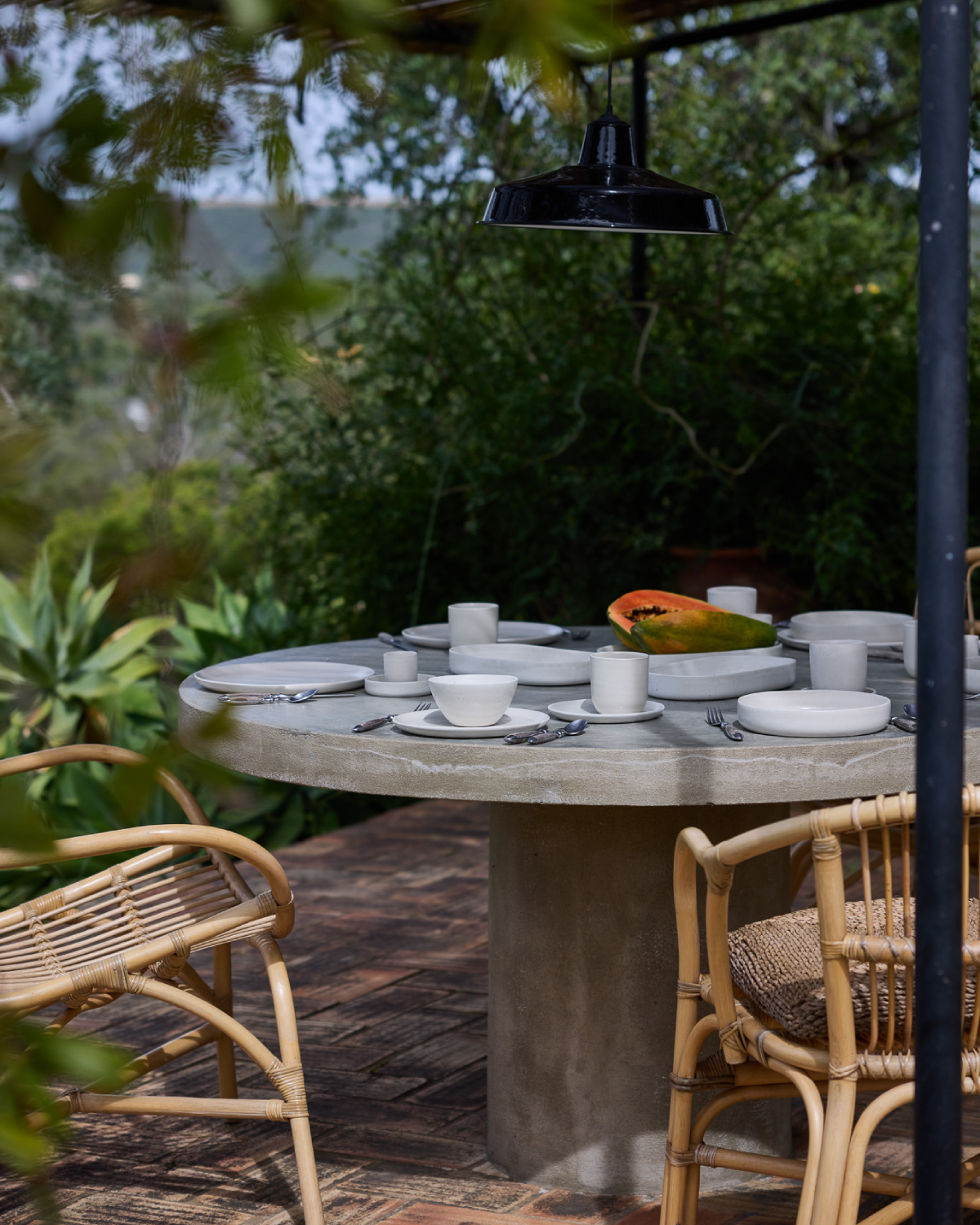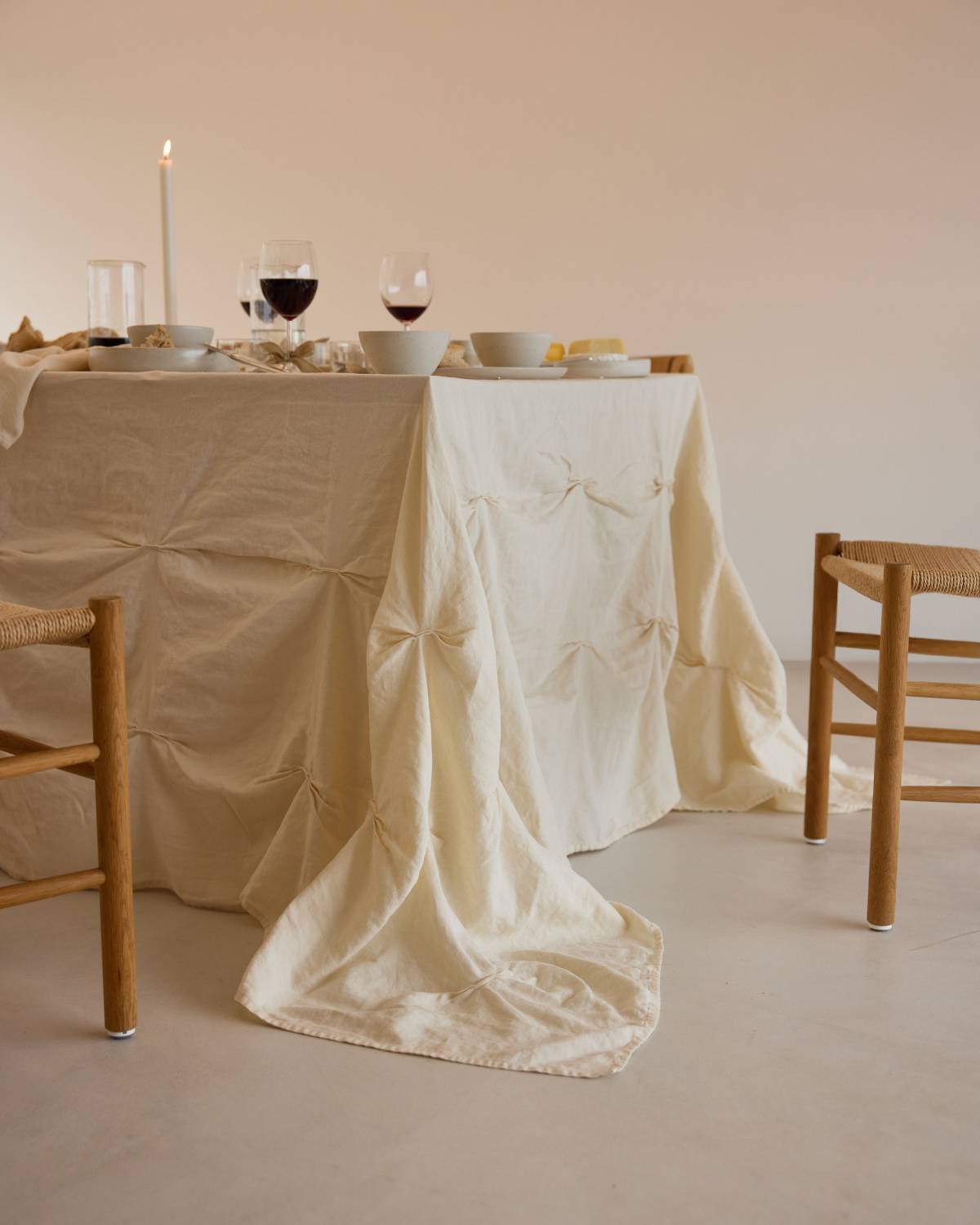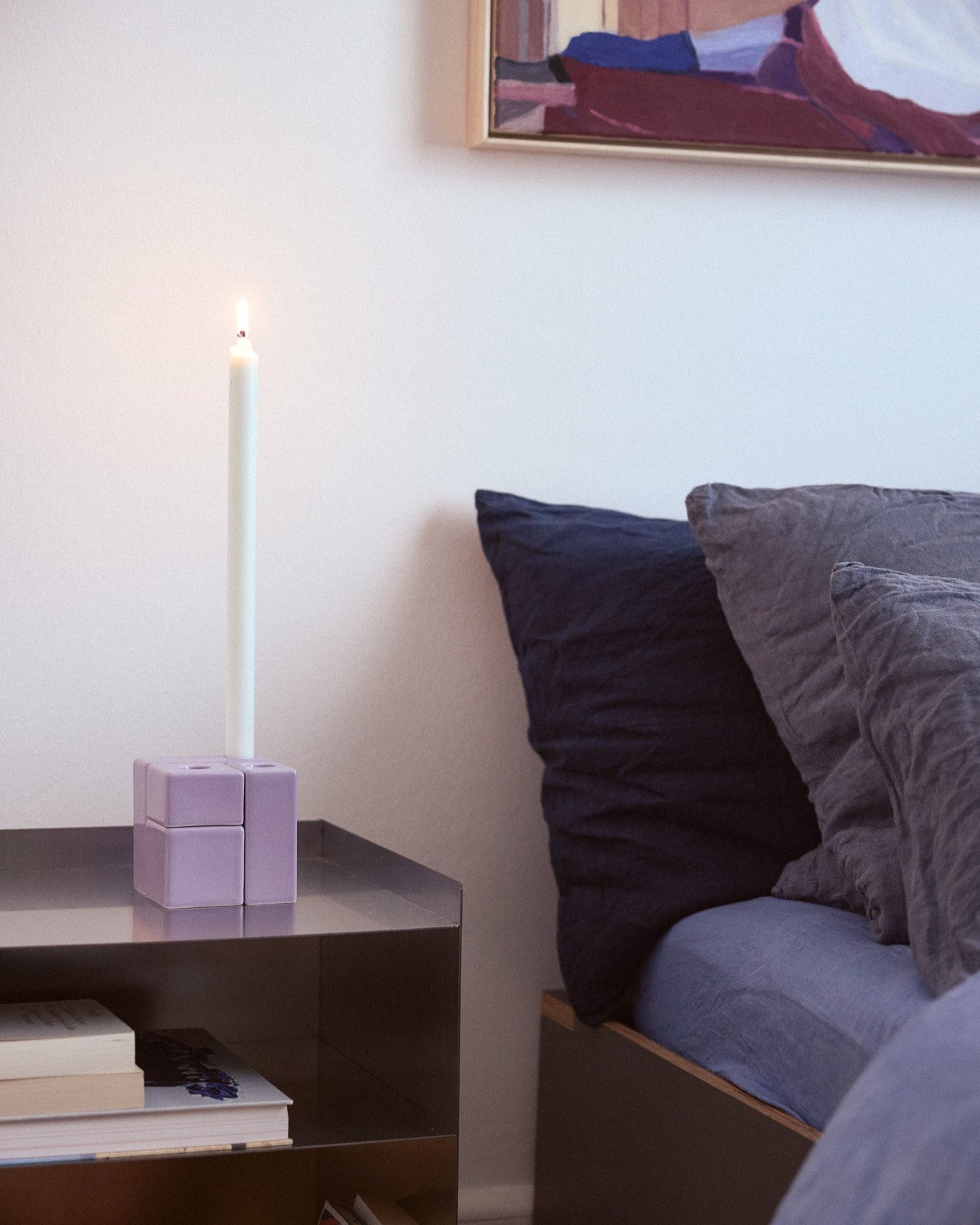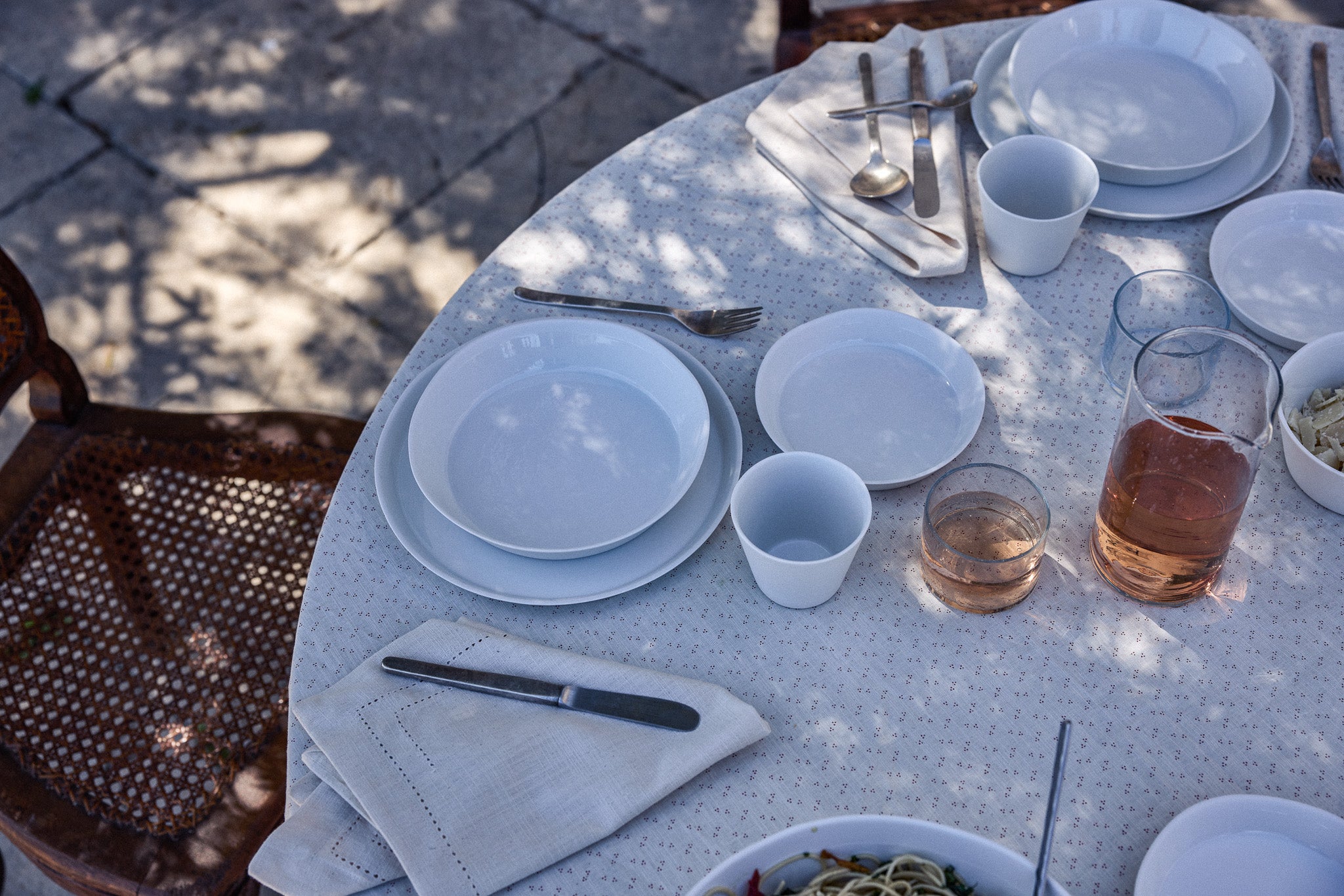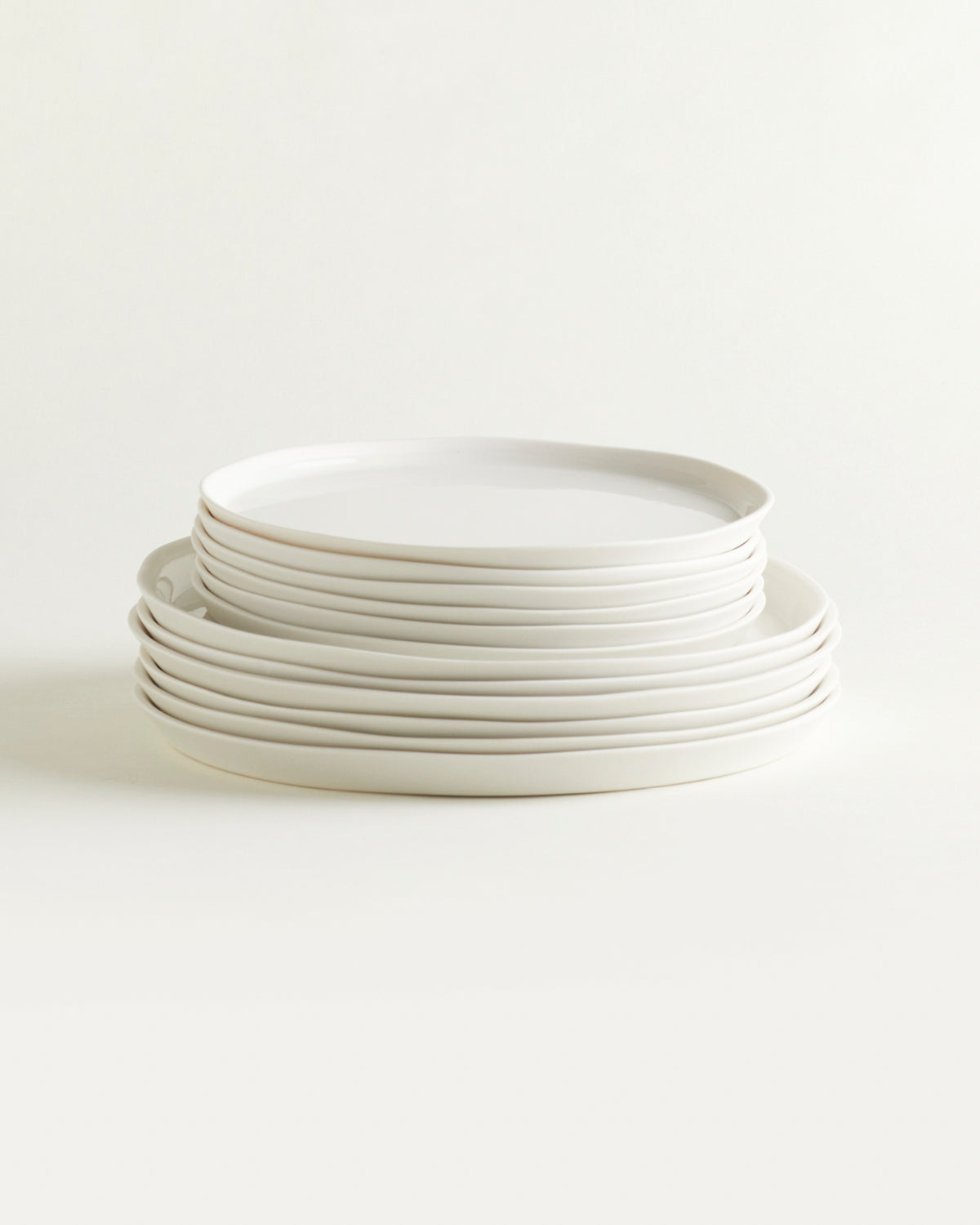
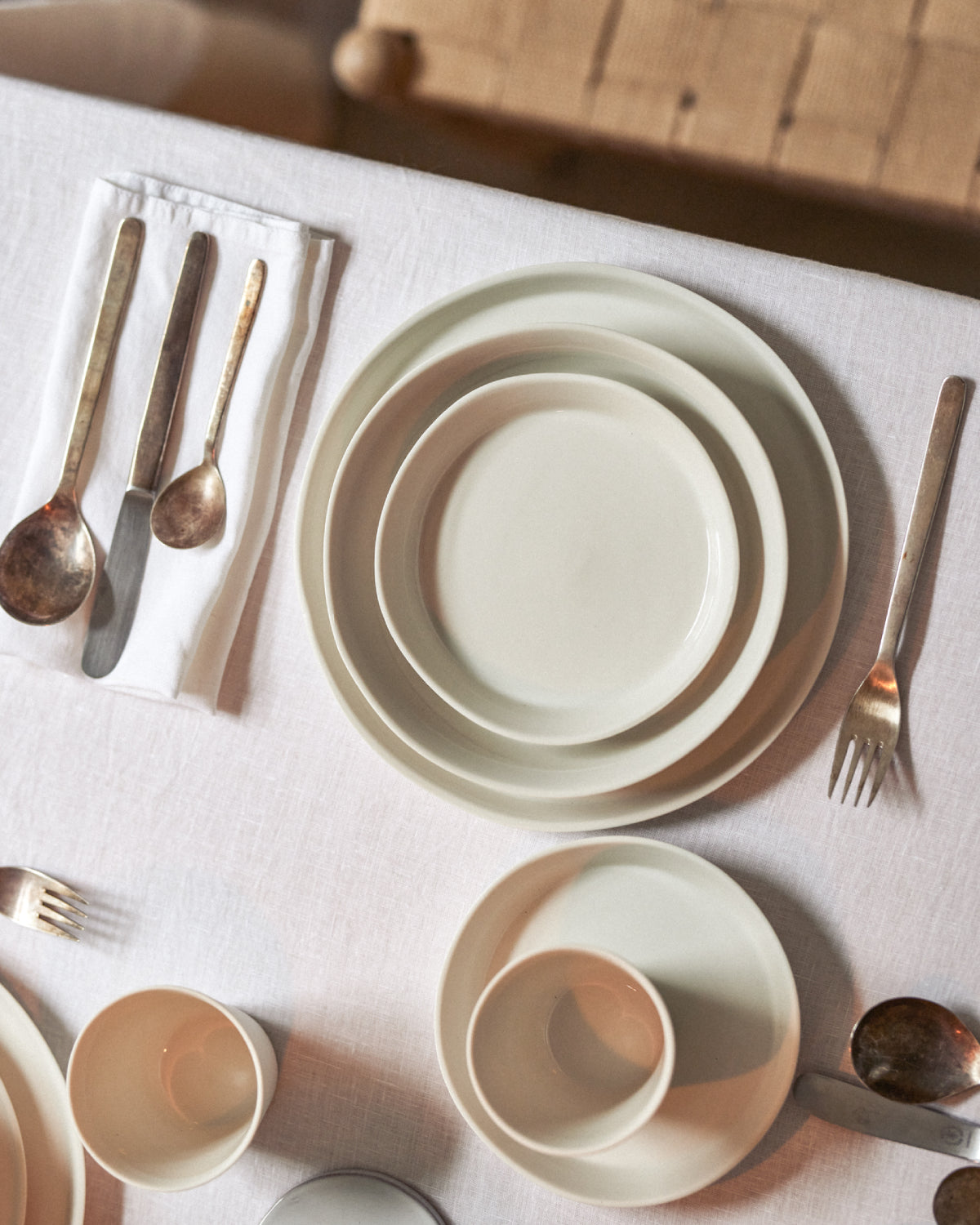
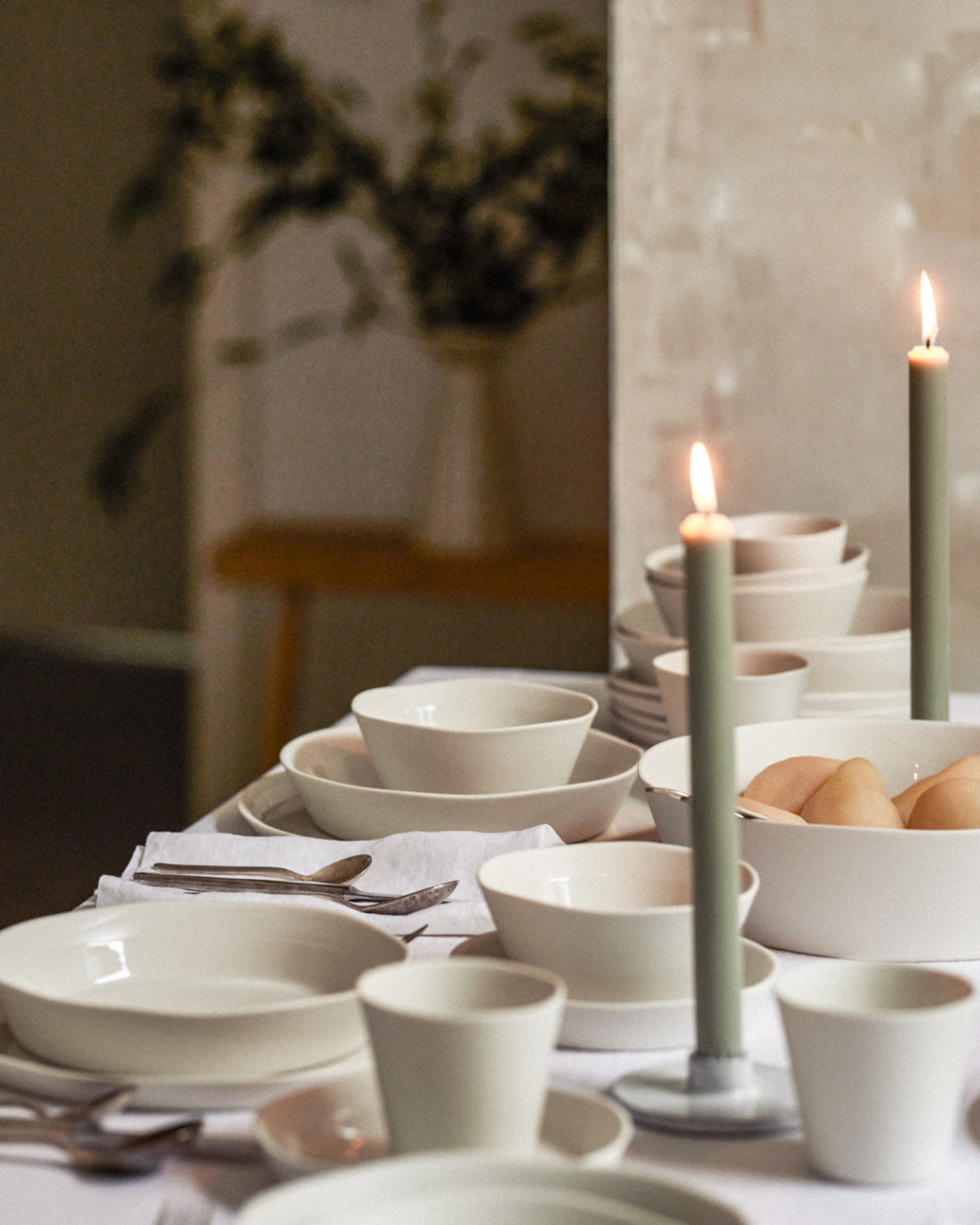
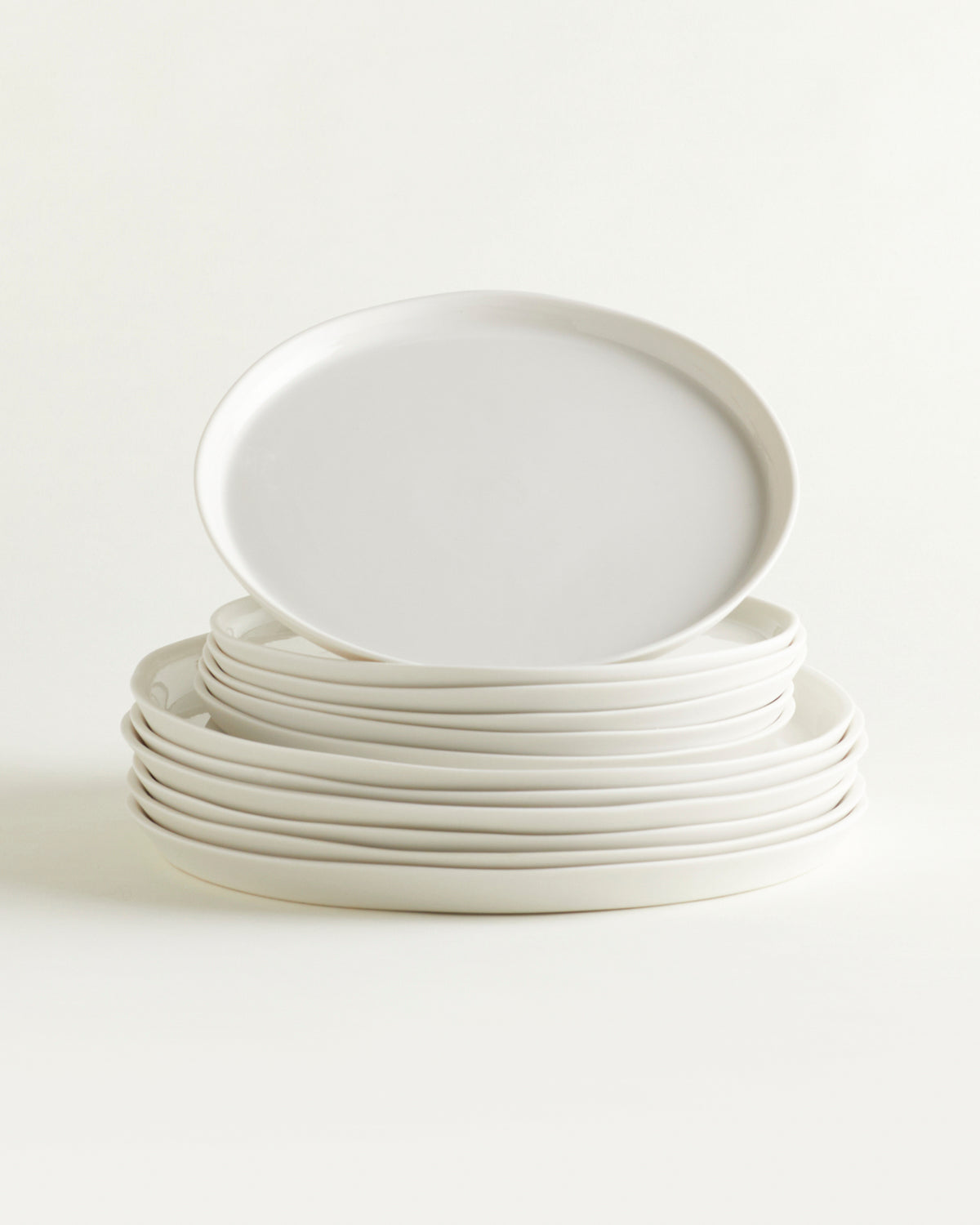
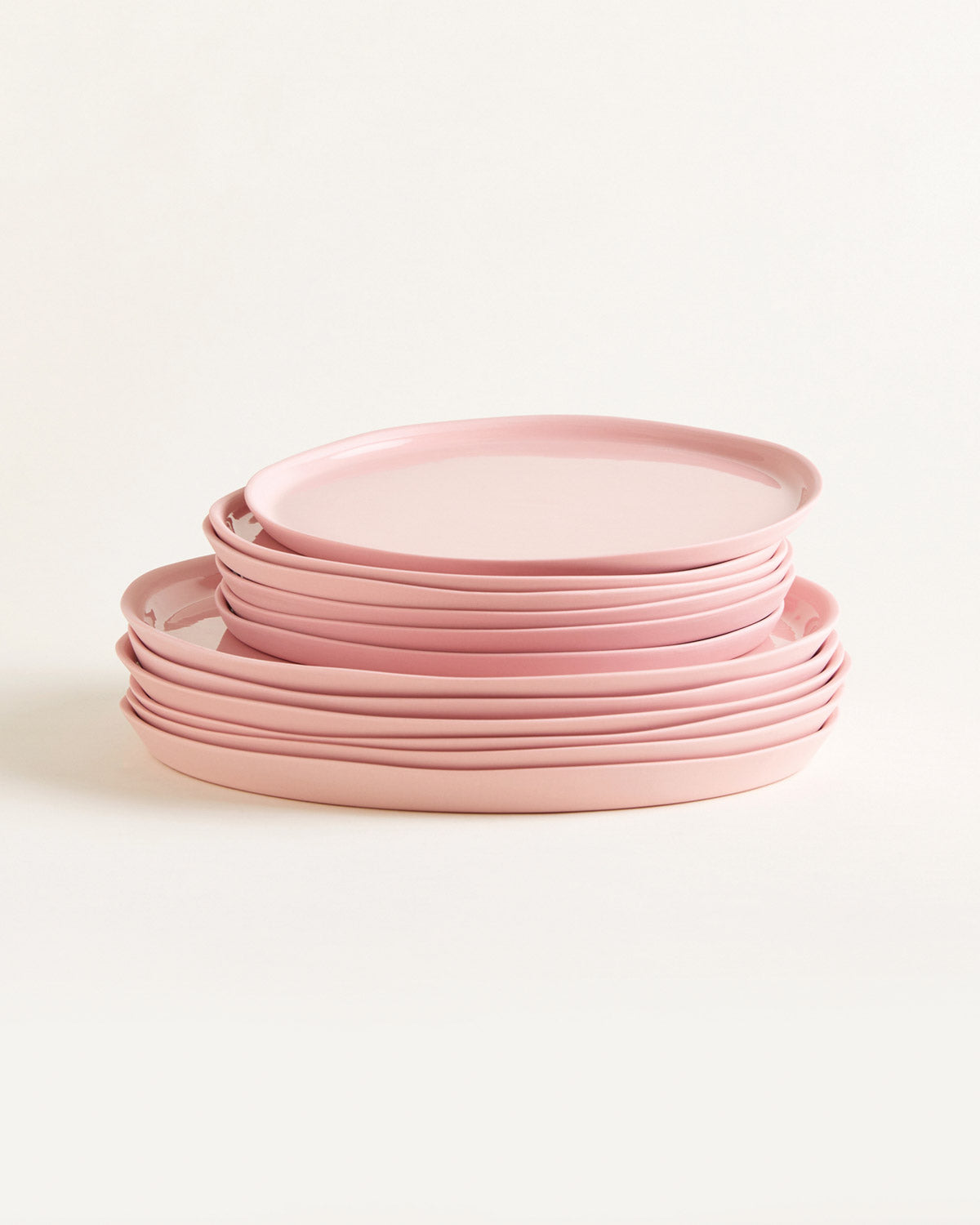
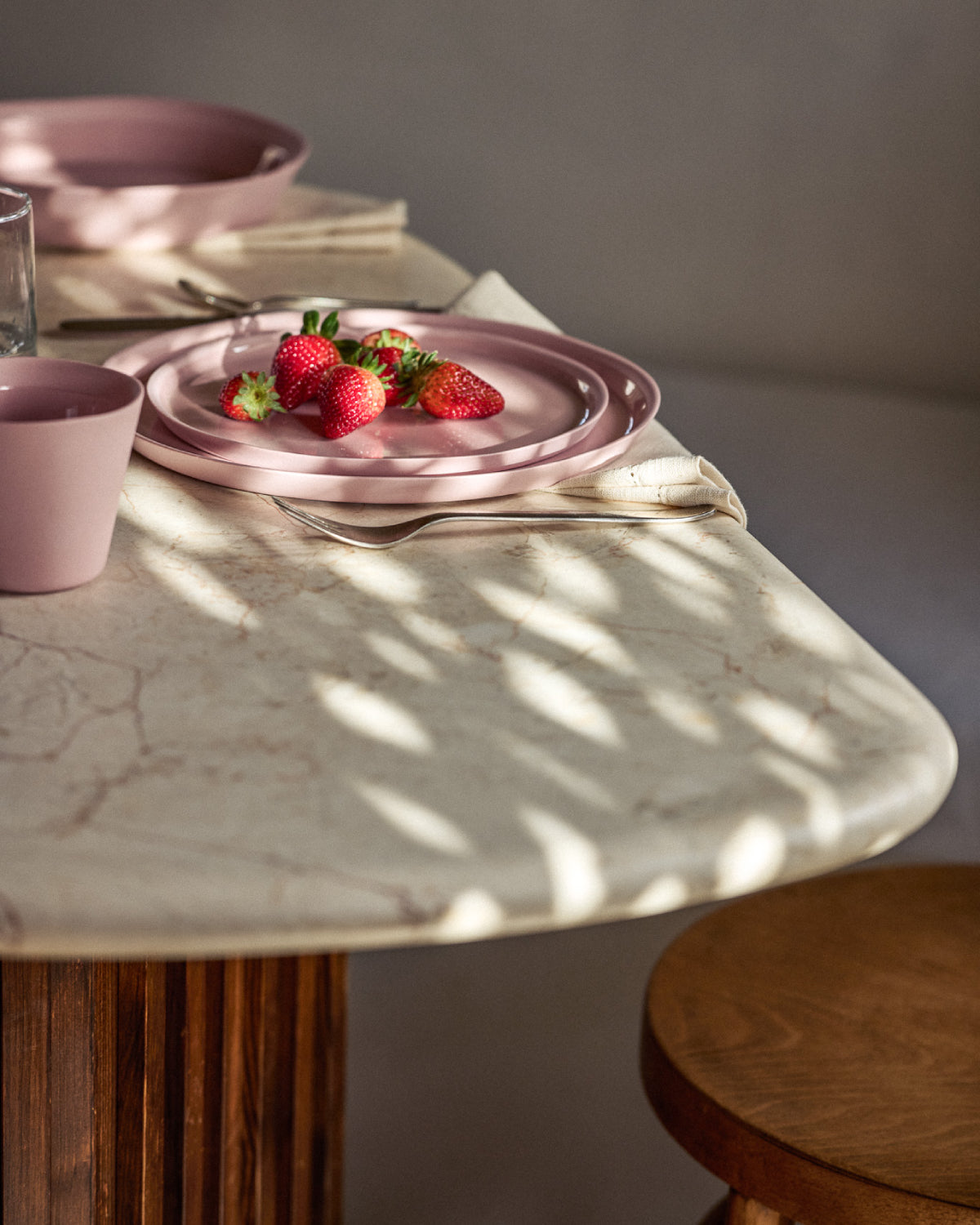
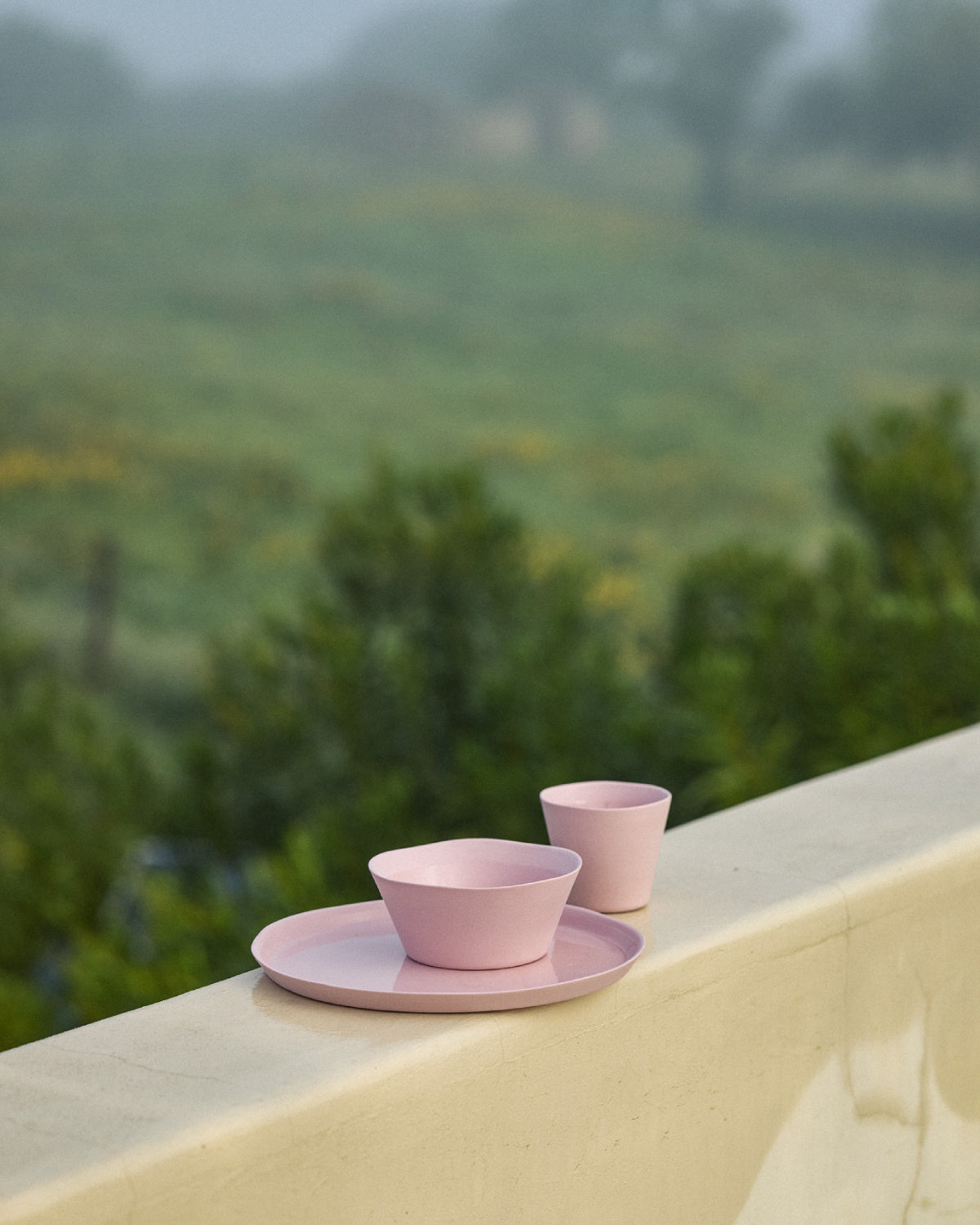
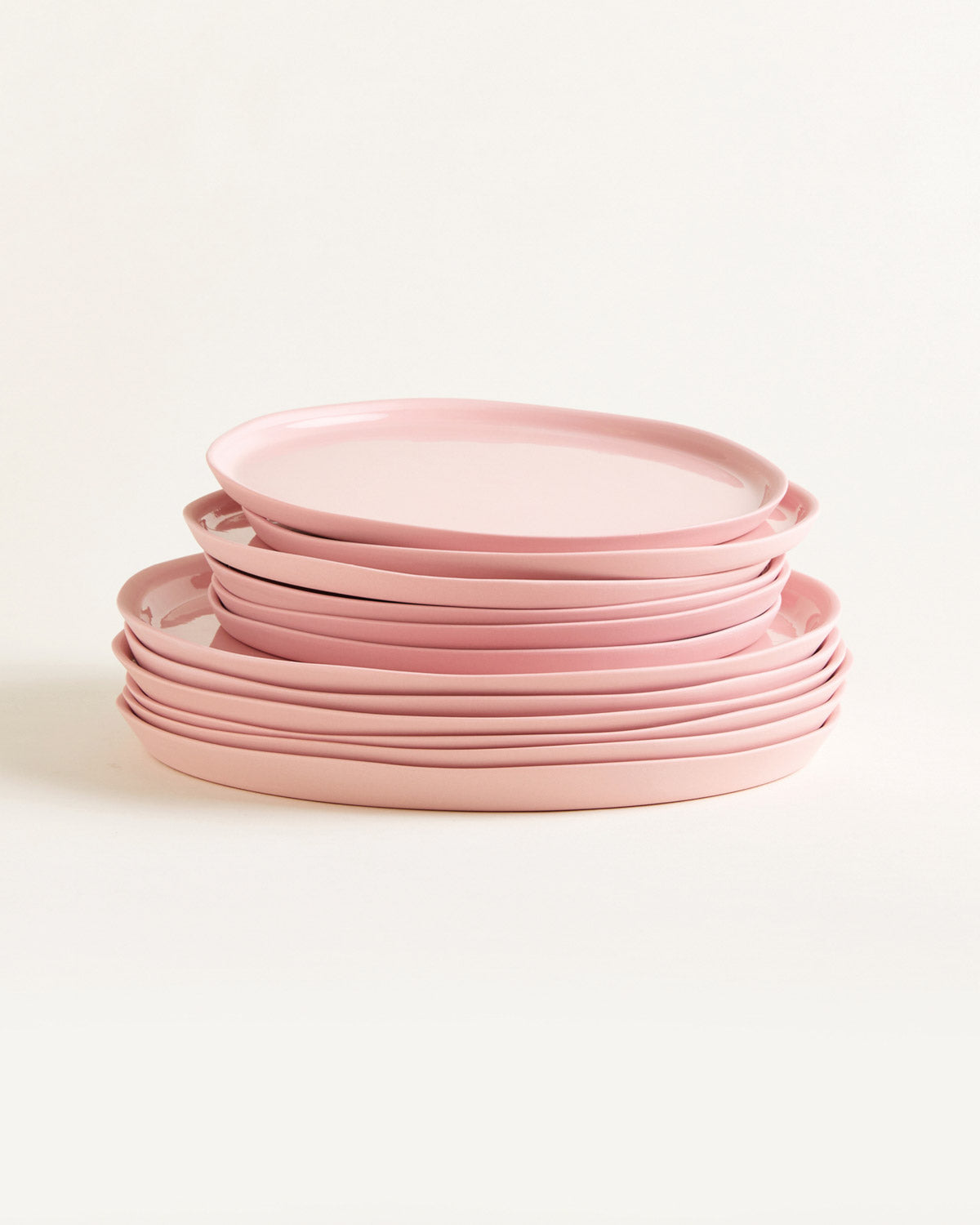
Plate-Set Pura
Nothing works without plates! That's why we have put together a Plate Set with six small and six large plates. With them, you can celebrate feasts, manage family everyday life, carry out culinary experiments, and of course, have them as decor in the cupboard.
The plates were handcrafted in a manufactory in the north of Portugal. The set is available in several glazes and collections and has been produced sustainably and fairly.
Delivery Time
- Current Delivery Time (DE): 3 to 5 business days
- Plastic-free and climate-friendly with DHL GoGreen
Shipping Costs
- Germany Shipping Costs: €6.90
- Other Countries: Learn more here









Questions & Answers
Porcelain has a history: In China, porcelain was made during the Tang Dynasty using a firing process with two ores: feldspar and kaolin. This process has undergone some changes over the centuries. Today, porcelain ceramic is made from the raw materials kaolin, feldspar, quartz, and clay. It differs from other ceramic products by the presence of three unique and fundamental technical properties. These are hardness, whiteness, and translucency. Porcelain has high mechanical strength, low porosity, and high density, giving it durability, harmlessness, a soft feel, and beauty in everyday use. Porcelain is created by higher firing temperatures and is largely insensitive to temperature fluctuations - it is fired at up to 1400°C, making the material robust. Each piece of porcelain undergoes a process of designing, composing, shaping, drying, decorating, and firing, resulting in tangible quality.
Porcelain, stoneware, and earthenware are often confused, but here are the differences: Translucency: Porcelain is uniquely translucent because it is glazed and fired at 1,400ºC, giving it brightness and whiteness and an extra dose of stability. Composition: Porcelain contains feldspar, kaolin, silica, and clay. In contrast, stoneware and earthenware contain silica and clay, with earthenware having more clay than kaolin. Porosity: Porcelain has almost no porosity compared to other ceramic products, making it hygienic and ideal for frequent use. Earthenware and stoneware, on the other hand, are porous, with the latter being glazed to significantly reduce porosity. In summary, porcelain is made from four raw materials, giving it high resistance and unique translucency. As a pore-free material, it is extremely hygienic and, thanks to its delicacy and beauty, suitable for every occasion. Porcelain is ideal for those looking for something sophisticated, exclusive, and durable.
Our products are created in close cooperation with small manufacturers from Portugal.
The onomao products are designed for a long durability. They are dishwasher, oven and microwave safe. Handle your dinnerware with care and be careful not to expose it to drastic temperature changes, as this can cause cracking. With our matte glazes, cutlery abrasion may occur over time. However, this is only superficial and is usually easily removed with baking soda and a soft cloth.
Last viewed


